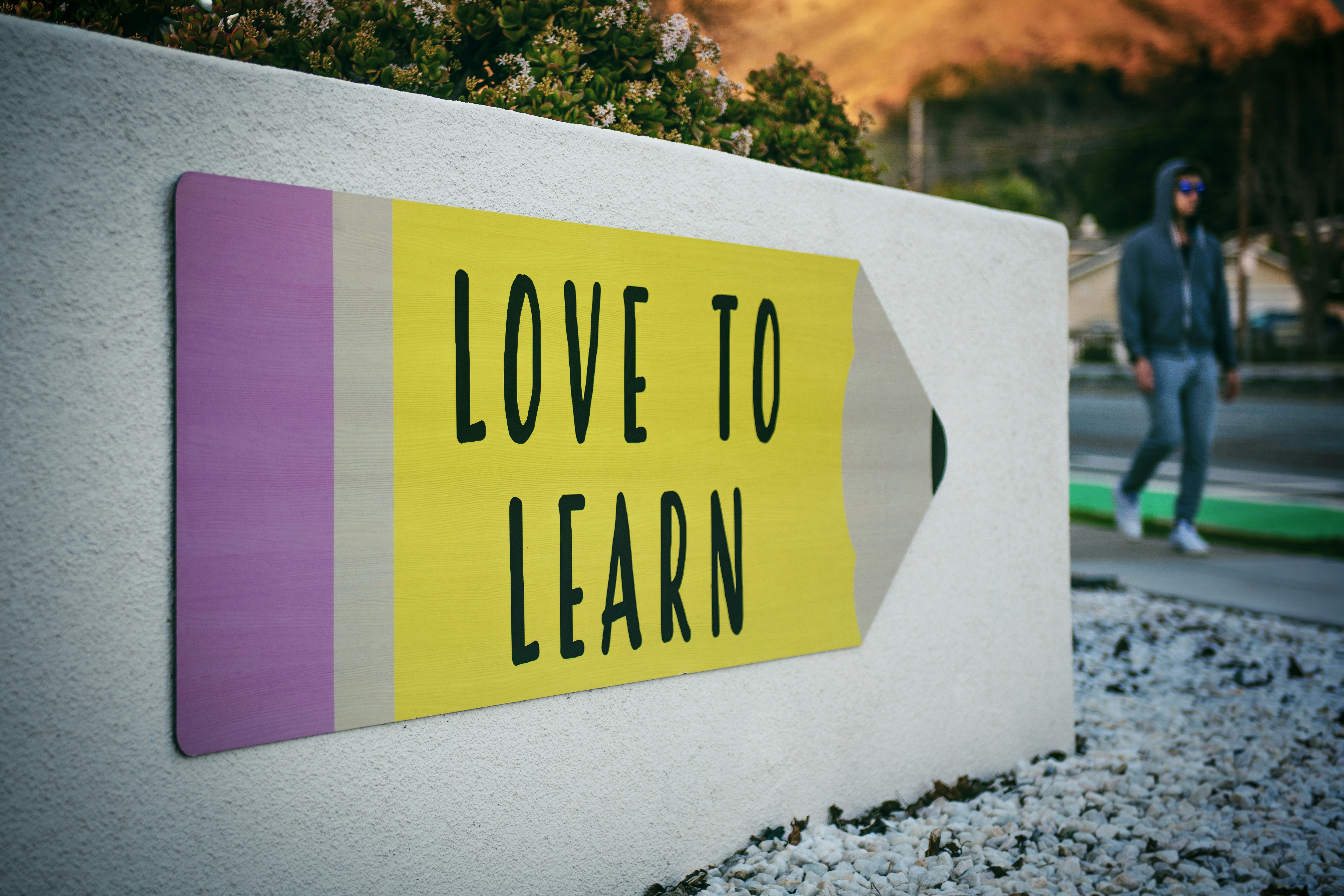
Sustainable beekeeping, or apiculture, is an increasingly popular hobby that provides individuals with a fulfilling experience and offers profound educational insights into the environment and nature’s delicate balance. While beekeeping may seem like an unlikely pastime for a principal, the hobby has significant value beyond honey production. It teaches lessons about sustainability, responsibility, and preserving vital ecosystems. For educators and anyone involved in the world of learning, beekeeping offers a powerful opportunity to connect theoretical knowledge with real-world applications. Beekeeping as a hobby allows individuals to learn firsthand how crucial pollinators, like bees, impact agriculture, the environment, and biodiversity. With the rapid decline of bee populations globally, sustainable beekeeping can contribute to broader conservation and environmental protection efforts. Those involved in sustainable beekeeping often produce honey and beeswax and impact the natural world around them.
Principals Embracing Beekeeping
Sustainable beekeeping is more than just a hobby for a principal—it’s a bridge between personal passions and professional responsibilities. As educational leaders, principals are often tasked with promoting school sustainability. Having bees in a principal’s backyard or even within school grounds provides an educational experience for students and staff alike. This hands-on experience allows learners to explore ecosystems, biology, and bees’ significant role in nature’s cycle.
Beekeeping allows students to connect with nature, teaching them valuable lessons about ecosystems and environmental stewardship. As they engage with the hives, students learn about pollination, the lifecycle of bees, and the impact of ecological changes on wildlife. Maintaining beehives can be integrated into science curricula, encouraging students to observe and investigate the biological systems of bees, honey production, and the health of local flora.
The Educational Value of Beekeeping
Sustainable beekeeping also presents a rich learning opportunity for principals to introduce students to sustainability. Maintaining balanced ecosystems is emphasized when students directly interact with the beehives and witness the consequences of neglecting environmental factors. From the perspectives of science and ecology, beekeeping offers a detailed, hands-on approach to understanding biodiversity and its connections to agriculture.
Additionally, beekeeping can foster a sense of responsibility in students. Caring for the bees, monitoring hive health, and harvesting honey requires consistent attention. When students understand the importance of nurturing living creatures and maintaining their habitats, they become more aware of their role in protecting the planet. These life lessons can also be applied beyond the school grounds, encouraging young people to adopt sustainable practices in their daily lives.
Environmental Benefits of Beekeeping
Sustainable beekeeping goes beyond education and serves as a direct way to promote environmental health. By maintaining beehives, beekeepers contribute to the health of local ecosystems through pollination. Bees play a crucial role in the reproduction of many plants, including those that humans rely on for food. Without bees, much of the world’s food supply could be at risk. By participating in sustainable beekeeping, principals engage in a practice that supports biodiversity and contributes to the global effort to protect endangered pollinators.
In addition to supporting pollination, sustainable beekeeping can serve as a model for other sustainable agricultural practices. For instance, it encourages using organic farming techniques that avoid harmful pesticides, which can negatively affect bee populations. Beekeepers who take a sustainable approach often create habitats that support bees and encourage other wildlife to thrive. These practices help maintain healthy landscapes and ensure that people and nature coexist harmoniously.
Practical Considerations for Beekeeping
Starting a beekeeping hobby requires some preparation, especially for those new to the practice. First and foremost, a safe and suitable location for hives is essential. Bees need access to various flowers and plants for forage, so selecting a space with diverse local flora is key to maintaining healthy hives. Furthermore, prospective beekeepers must invest in the right equipment, including hives, protective gear, and tools. This investment ensures the safety of both the bees and the beekeeper.
Sustainable beekeeping also involves regularly monitoring the hive’s health and condition. Beekeepers need to check for pests, diseases, and the overall strength of the colony. It’s essential to ensure that the bees have enough food and that their habitat is free from stressors. Learning about these responsibilities teaches patience and attention to detail—valuable traits for any principal looking to model thoughtful leadership and environmental stewardship.
The Community Impact of Beekeeping
Principals who practice beekeeping can extend the benefits of their hobby to the broader community. Sharing honey and other bee-related products with students, staff, and residents can catalyze sustainability and environmental care discussions. Moreover, organizing educational workshops or field trips centered around beekeeping can help raise awareness about the importance of pollinators.
Schools may even establish their beehives on the grounds, allowing students to participate actively in beekeeping projects. This can serve as an educational tool that teaches not only about bees but also the interconnectedness of all living organisms. Schools that embrace beekeeping as part of their curriculum can help students better understand how their actions impact the environment.